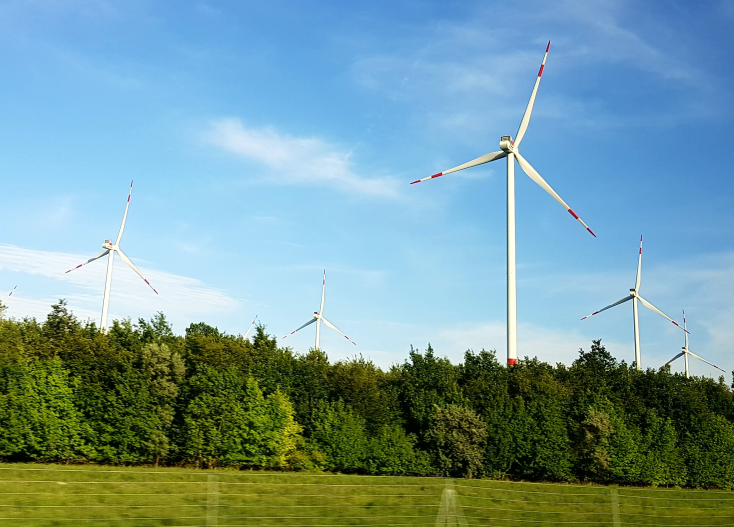EU sets new 32% renewable energy target for 2030
The EU has approved a new goal to increase its ambitions on renewable energy over the next decade.

The EU has approved a new goal to increase its ambitions on renewable energy over the next decade.
Negotiators for the European Commission, Parliament and Council have secured a “political agreement” to raise the existing target from 27 percent to 32 percent. The provisional deal also includes a clause to revise the target by 2023 if necessary.
While the 5 percent uplift was greeted as a “hard-won victory” by the Commission, it was lower than some states were hoping for. Spain and Italy were reportedly pushing for a 35 percent target as was the European Parliament; environmentalists called the new goal inadequate.
Miguel Arias Cañete, the EU’s energy and climate commissioner said: "This new ambition will help us meet our Paris Agreement goals and will translate into more jobs, lower energy bills for consumers and less energy imports.”
“The binding nature of the target will also provide additional certainty to the investors,” he added.
Friends of the Earth Europe, however, criticised the agreement, saying that the EU’s decision makers had only agreed to a “paltry” target that is “inadequate for a climate-safe fossil-free future, and shows a failure to grasp a shifting energy landscape, including rapidly falling renewables costs.”
A stronger deal of at least 34 percent had also won support from the International Renewable Energy Agency. Earlier this year, the organisation released findings that showed the EU could double its renewable energy usage with significant economic and health benefits.
An interim target to source 20 percent of its energy consumption from renewables is set for 2020. The latest figures for 2016 show the bloc is on course to achieve this with a combined total of 17 percent. However, achievements vary widely across member states, with some countries, such as Sweden, reaching over 50 percent renewables already.






